近一个月来全球各地的人们纷纷进入了居家隔离模式,商店关门,学校停学,表面上看起来大家的工作和生活似乎陷入了停滞状态。然而在家工作不代表效率就会降低,有些人反而在隔离状态下才能更好地工作。比如最近在家闭关写作的乔治·马丁就表示将在疫情结束前写完《权力的游戏》终结篇,要知道,这部书他已经写了二十多年。
大文豪莎士比亚就是在一次大流行病期间写出了《李尔王》、《麦克白》等传世经典之作。历史上还有一些伟大的科学家、艺术家和作家也是在隔离期间迎来了创作力的井喷。
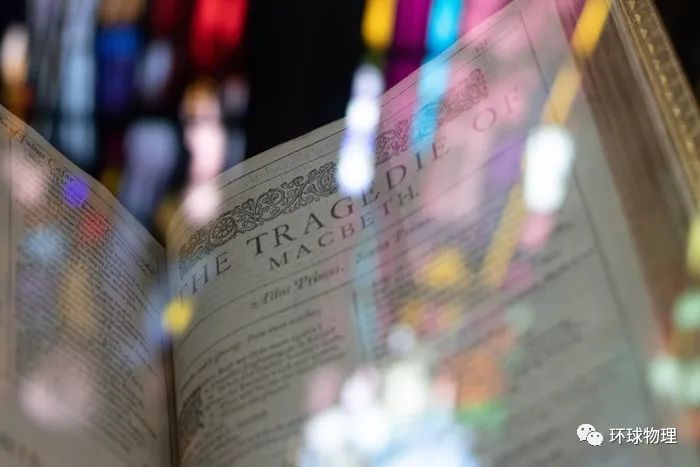
▲ Photo by Matt Riches on Unsplash
1. WILLIAM SHAKESPEARE 威廉·莎士比亚
Shakespeare was an actor and shareholder with The King’s Men theater troupe when the bubonic plague forced London theaters to close in the early 17th century. The official rule was that after weeks, when the death toll exceeded 30, public playhouses had to shut down. This meant that the theater industry was paralyzed for much of 1606. After suddenly finding himself without a steady job and lots of free time, Shakespeare got to writing. He composed King Lear, Macbeth, and Antony and Cleopatra before the year was over.
17世纪早期,黑死病迫使伦敦的剧院关闭,莎士比亚正在国王臣民剧团当演员并担任股东。几周后死亡人数超过30人,官方规定公共剧场必须关闭。这意味着1606年的大部分时间,伦敦的戏剧行业都处于瘫痪状态。突然发现自己没有了稳定工作但却有了大量自由时间的莎士比亚开始投入写作。他在这一年内就写出了《李尔王》、《麦克白》和《安东尼与克莉奥佩特拉》。
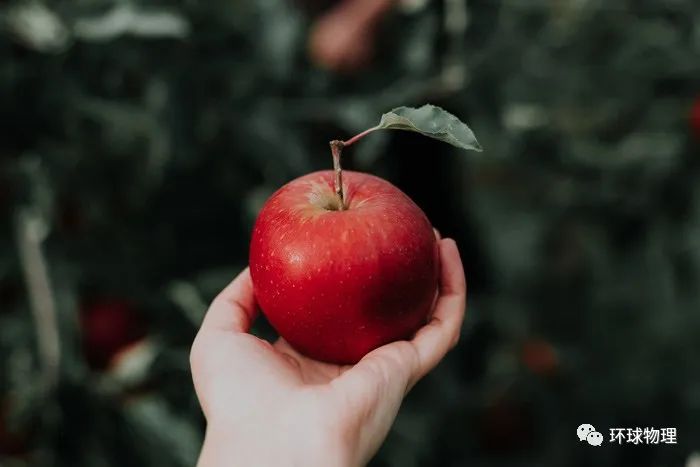
▲ Photo by Priscilla Du Preez on Unsplash
2. ISAAC NEWTON 艾萨克·牛顿
In 1665, when Newton was in his early 20s, one of the last major outbreaks of the bubonic plague hit the country. Classes at Cambridge University were canceled, so Newton retreated to his family estate roughly 60 miles away to continue his studies there. He didn’t have to worry about responding to professors' emails or video conferencing into classes, and with zero structure, he excelled. The young mathematician produced some of his best work during his year in quarantine, writing the papers that would become early calculus and developing his theories on optics while playing with prisms in his bedroom. This was also the time when his theory of gravity germinated. While an apple likely didn’t hit Newton on the head, there was an apple tree outside his window that may have inspired his revelation.
1665年,在牛顿20岁出头的时候,史上最后一次黑死病大瘟疫在英国暴发了。剑桥大学停课了,于是牛顿回到大约60英里(97千米)开外的家族庄园,继续做自己的研究。在那个年代,他不用回复教授的电子邮件,也不用上网课,没有了条条框框的束缚,他反而做出了突出成就。这位年轻的数学家在隔离期间写出了自己最杰出的一些著作,在这期间写的论文奠定了早期微积分学的基础,在卧室里玩棱镜的时候发展出了自己的光学理论。这也是牛顿的万有引力理论萌芽的时期。或许苹果没有砸到牛顿的头上,但是他窗外的一棵苹果树可能给他带来了启发。
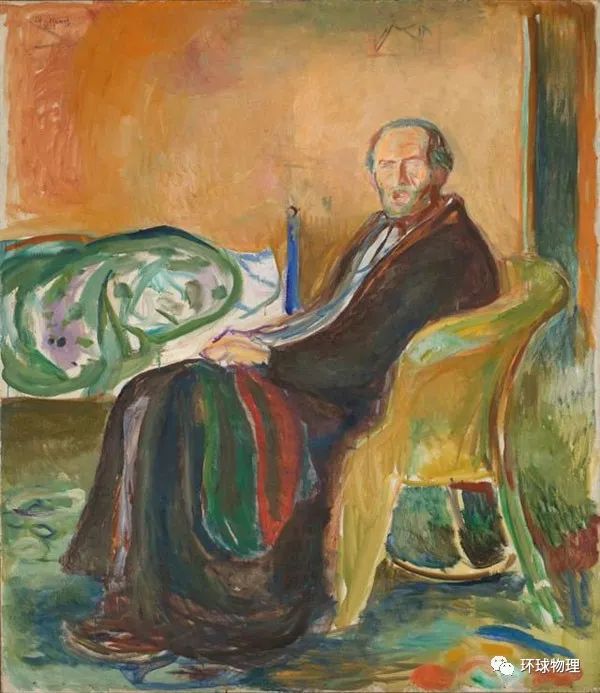
▲ Self-Portrait with the Spanish Flu. Credit: Nasjonalgalleriet
3. EDVARD MUNCH 爱德华·蒙克
The Scream painter Edvard Munch didn’t just witness the Spanish Flu pandemic change the world around him—he contracted the disease around the beginning of 1919, while living in Norway. But instead of becoming one of its many victims, Munch lived to continue making great art. As soon as he felt physically capable, he gathered his painting supplies and began capturing his physical state. Self-Portrait with the Spanish Flu shows him with thinning hair and a gaunt face sitting in front of his sickbed.
《呐喊》的作者爱德华·蒙克不仅目睹了西班牙大流感改变了周围的世界,1919年初他居住在挪威期间自己也被感染了。但是蒙克没有沦为疫病的受害者,而是继续创作伟大的艺术作品。身体刚好些,他就拿起自己的绘画工具开始描绘当下的身体状态。在这幅《患西班牙流感后的自画像》中,可以看到头发稀薄、面容憔悴的蒙克坐在病床前。
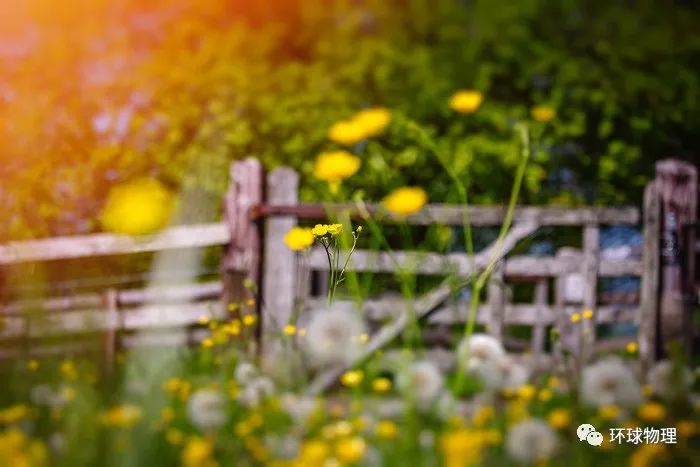
▲ Photo by Dave Francis on Unsplash
4. THOMAS NASHE 托马斯·纳什
Thomas Nashe was an Elizabethan playwright who gained fame around the same time as William Shakespeare. When the bubonic plague hit London in 1592, Nashe fled to the English countryside to avoid infection. This was the same time he wrote Summers' Last Will and Testament, a play that reflects his experiences living through the pandemic.
托马斯·纳什是伊丽莎白一世时代的剧作家,他和莎士比亚是在同一时期成名的。1592年,黑死病袭击伦敦时,纳什逃到英国乡下去躲避瘟疫。就是在这个时候他写出了《夏天的遗嘱》,这部戏剧反映了他在大流行病期间的经历。
其中很有名的一段是这样写的:
Adieu, farewell earths blisse,This world uncertaine is,Fond are lifes lustful joyes,Death proves them all but toyes,None from his darts can flye;I am sick, I must dye:Lord, have mercy on us.
此生永诀,人间极乐;世事总是无常;人生贪恋的欢喜;死亡视之若尘埃;无物逃脱死的箭头;生老病死。主啊,赐我以仁慈!
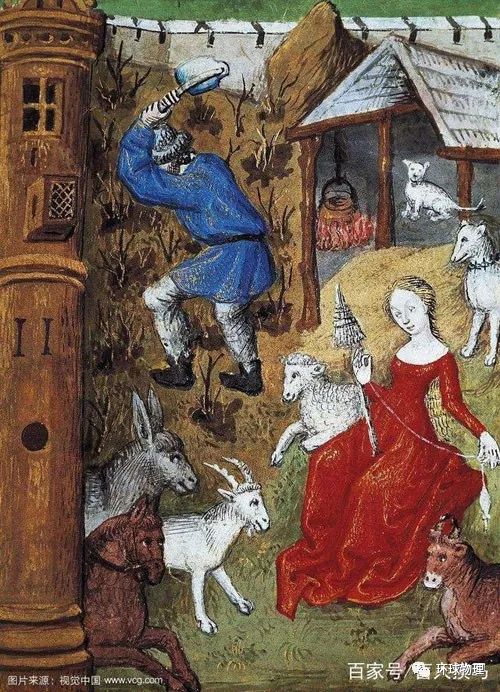
▲ Illustration for The Decameron. Source: VCG
5. GIOVANNI BOCCACCIO 乔万尼·薄伽丘
Florentine writer and poet Giovanni Boccaccio was personally affected by the bubonic plague. When it hit Florence in 1348, both his father and stepmother succumbed to the disease. Boccaccio survived the outbreak by fleeing the city and hiding out in the Tuscan countryside. During this period, he wrote The Decameron, a collection of novellas framed as stories a group of friends tell each other while quarantined inside a villa during the plague.
佛罗伦萨作家、诗人乔万尼·薄伽丘亲身感受到了黑死病的影响。1348年当黑死病袭击佛罗伦萨时,他的父亲和继母都染病而死。薄伽丘逃离了城市,躲到托斯卡纳乡下,从而在疫情中幸存了下来。在这期间,他写出了《十日谈》,这是一部中篇小说合集,叙述的是瘟疫期间一群朋友在一座乡间别墅中隔离时给对方讲的故事。
英文来源:Mental Floss
翻译&编辑:丹妮
(声明:本文仅代表作者观点,不代表本站观点,仅做陈列之用)
[责编:tdsr]
郑重声明:本文版权归原作者所有,转载文章仅为传播更多信息之目的,如作者信息标记有误,请第一时间联系我们修改或删除,多谢。



tdsrwz@163.com
